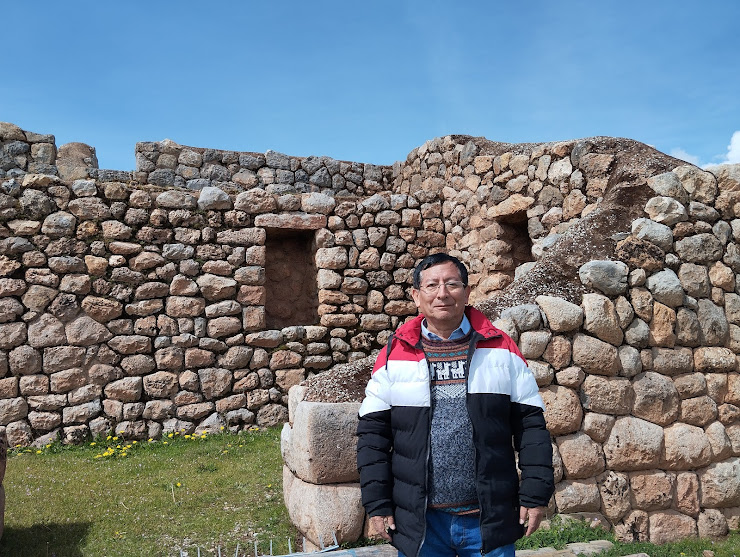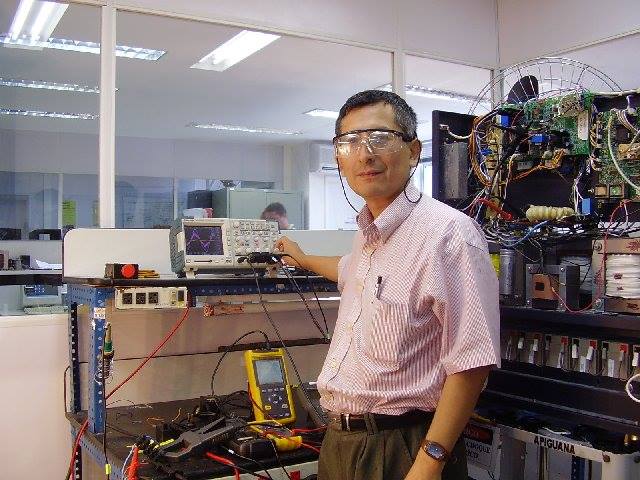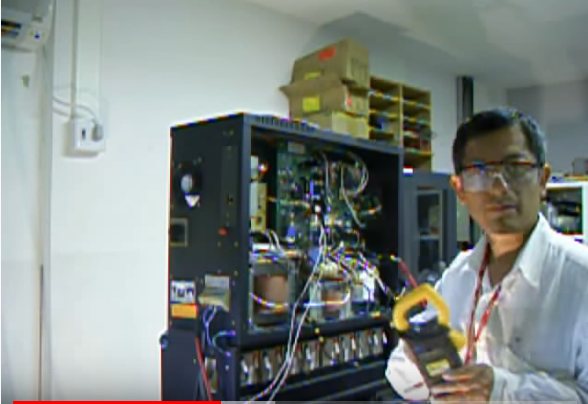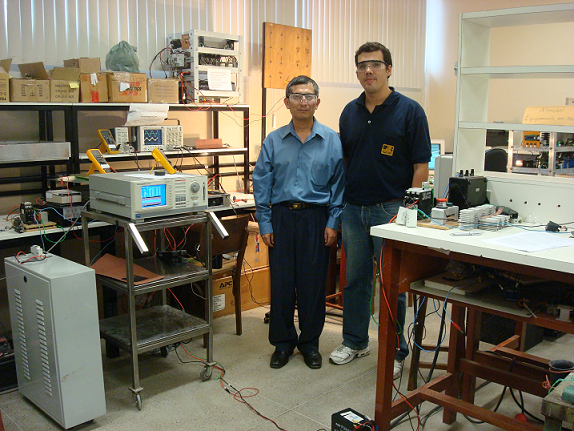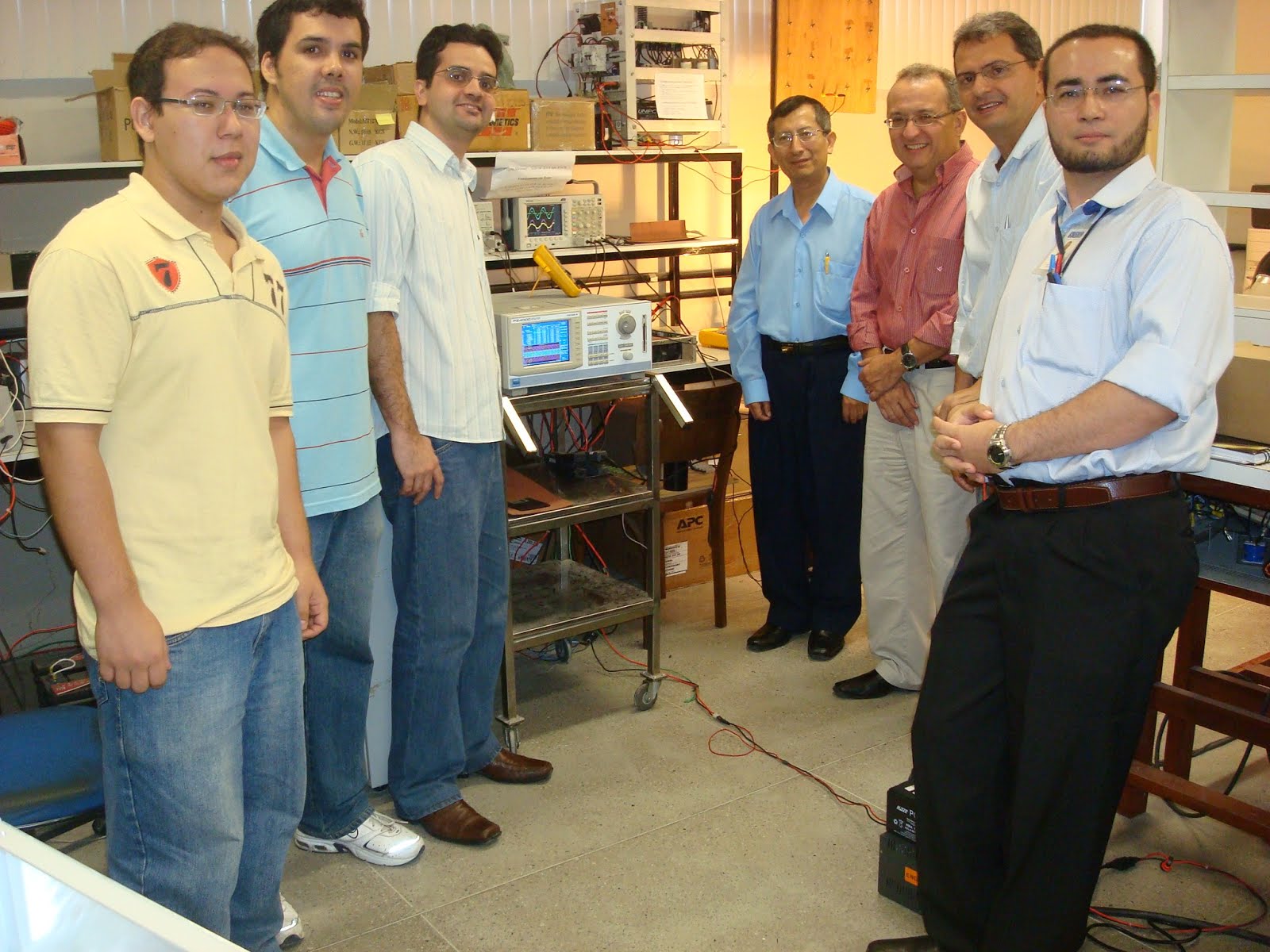terça-feira, 14 de julho de 2020
Premiação do Professor Dr.Eng. Ivo Barbi em 2020 “IEEE William E. Newell Power Electronics Award” DEPARTAMENTO DE ENGENHARIA ELÉTRICA E ELETRÔNICA UNIVERSIDADE FEDERAL SANTA CATARINA
Maiores detalhes da premiação está no link abaixo:
FONTES ORIGINAIS DA INFORMAÇÃO:
segunda-feira, 13 de julho de 2020
Configurações e modos de operação dos inversores híbridos e seus requisitos técnicos para operação on-grid e off-grid Prof. Lucas Vizzotto Bellinaso, GEPOC/UFSM
Configurações e modos de operação dos inversores híbridos e seus requisitos técnicos para operação on-grid e off-grid
Prof. Lucas Vizzotto Bellinaso, GEPOC/UFSM
Palestra ministrada no 19 de novembro de 2015
das 8h30 às 18h00
Auditório Oswaldo Fadigas Fontes Torres da STI/USP - Av. Prof. Luciano Gualberto, Travessa 3, número 71, Cidade Universitária, São Paulo.
O EVENTO Workshop Inversores Híbridos com Sistemas de Armazenamento de Energia
No contexto das atividades de difusão e socialização de conhecimentos do Projeto P&D ANEEL-0068-0029/2011 da CTEEP/CESP, o Workshop foi promovido pelo Laboratório de Sistemas Fotovoltaicos do Instituto de Energia e Ambiente da Universidade de São Paulo – LSF-IEE/USP, em conjunto com o Grupo Setorial Fotovoltaico da Associação Brasileira da Indústria Elétrica e Eletrônica – GSFV/ABINEE e contou com o apoio do Grupo de Eletrônica de Potência e Controle da Universidade Federal de Santa Maria – GEPOC/UFSM e da Fundação CPqD – Centro de Pesquisa e Desenvolvimento em Telecomunicações - CPqD.
LINK PARA BAIXAR O CONTEÚDO DA PALESTRA: http://iee2.webhostusp.sti.usp.br/sites/default/files/%20Apresenta%C3%A7%C3%A3o_Lucas.pdf
sábado, 11 de julho de 2020
Robust Renewable Energy System with Proper PCS Based on Bidirectional DAB Converter Topology and Uninterruptible Energy Storage System by Muhammad Adil Khan -Department of Electrical and Computer Engineering The Graduate School Pusan National University
Robust Renewable Energy System with Proper PCS Based on Bidirectional DAB Converter Topology and Uninterruptible Energy Storage System
by Muhammad Adil Khan
Dissertation for the degree of Doctor of Philosophy
August 2018
Department of Electrical and Computer Engineering
The Graduate School
Pusan National University
ABSTRACT
In the modern era, there is an increasing demand to utilize renewable energy resources
(RES) due to the depletion of conventional energy resources. This research endeavor reports
selection of an optimal RES system with the proper power conditioning system. Despite recent
advances in RES systems, these systems are still more costly than conventional energy
resources. Among them the use of solar photovoltaic (PV) electric systems is growing rapidly
in the sustainable renewable energy market and is expected to play an important role in the
future sustainable energy mix. Reducing the price of solar PV systems has been a constant
challenge. For the first time, this study examines the effectiveness of three different
structures/materials: (i) silvered glass plane mirror; (ii) convex spherical mirrors; and (iii)
aluminum (Al) foil as reflector. Comparative analysis of four different cooling techniques, i.e.,
water sprinkling system, passive heat sink method, active air fan method, and closed loop
method, for enhancement of output power was performed. A novel Bi reflector solar PV system
(BRPVS) was suggested to control the working of the reflectors. The Al foil enhanced the power output compared to the others. In addition, the effect of using a reflector on the temperature of
a solar PV system was studied. High operating temperatures resulted in a decrease in the
maximum output power under the same solar radiation conditions. The combined enhancement
of the output power by both Al foil BRPVS system and cooling system was almost 22.75–
38.55%.
The dual active bridge isolated bidirectional DC-DC converter (DAB-IBDC) is one of
the prime converters used in dual active bridge renewable energy storage system (RESS)
applications, particularly where a high-power density is required. A 2 kW, 50 kHz digital
control dual active bridge isolated bi-directional dc-dc converter (DAB-IBDC) was developed
for interfacing the supercapacitor bank in standalone solar power system. A blended SPS-ESPS
digital control algorithm was used for DAB-IBDC converter instead of using a traditional
single-phase shift (SPS) control algorithm, which is commonly used for large input to output
voltage varying applications. The proposed blended SPS-ESPS control algorithm achieved high
power conversion efficiency during a large input to output voltage variation, over a traditional
phase shift control algorithm by reducing the back-power flow and current stress in a circuit.
A novel uninterruptible and environmental friendly solar-wind hybrid energy system
(HES) for remote area having closed loop cooled-solar system (CLC-SS). The results validate
that the optimized system’s energy cost (COE) is 0.26 $/kWh and the net present cost (NPC) of
the system is $7110.53. Moreover, reducing the charging time of an electric wheelchair using
a hybrid electric system (HES) composed of a supercapacitor (SC) bank and a lithium-ion
battery with a fuzzy logic controller (FLC)-based fast charging system for Li-ion batteries and
a fuzzy logic-based intelligent energy management system (FLIEMS) for controlling the power
flow within the HES is detailed analyzed. The fast charging FLC was designed to drive the
voltage difference (Vd) among the different cells of a multi-cell battery and the cell voltage (Vc)
of an individual cell. These parameters (voltage difference and cell voltage) were used as input
voltages to reduce the charge time and activate a bypass equalization (BPE) scheme. BPE was
introduced in this research so that the battery operates within the safe voltage range. The
charging time was reduced by 13.13 %, 12.26%, 13.60%, and 19.23% for IC, 1.5C, and 2.0C,
respectively, using FLC charger discussed in this research compared with conventional CC-CV
charging.
차 전지 보호회로의 저전력 설계 기법 = Low-power design technology of integrated circuits for rechargeable battery protection by Lee,Jong Hoon School of Electrical Engineering Kookmin University Seoul KOREA
Low-power design technology of integrated circuits for rechargeable battery protection by Lee,Jong Hoon- School of Electrical Engineering Kookmin University Seoul KOREA
ABSTRACT
Lithium-ion secondary batteries feature small size, lightweight, and large capacity, which can be utilized in many portable products for a long period, such as cellular phones, camcorders, and notebook computers. But when the batteries become overcharged, the electrolyte solution is decomposed, gas is produced, the internal pressure increases, and metal lithium is precipitated, which can cause a risk of fire or explosion. If the battery is overdischarged, the electrolyte solution is decomposed causing the degradation of the battery performance. In order to prevent these problems, the use of a protection circuit is necessary. It monitors overcharging, overdischarging, and overcurrent states of the battery, and controls overall charging and discharging paths.
In this dissertation, the low-power lithium-ion Battery-Protection Integrated Circuit (BPIC) for multi cell configuration is designed. The hardware sharing scheme with more precisely divided operating states in the detection range could reduce the power consumption significantly, especially during the normal state.
In BPIC, the novel low-supply voltage low-power CMOS voltage reference circuit insensitive to temperature and supply voltage variations is designed. The circuit used the new temperature compensation technique and the proposed current-mode start-up circuit. Moreover the proposed voltage reference operates at sub-1V supply voltage and it is insensitive to the variation of P.V.T.(process, voltage and temperature). The TC(temperature coefficient) of 12.01 ppm/℃ over the range from -25℃ to 85℃ and the PSRR(power supply rejection rate) of 71.87-dB at 1.5V(±10%) supply voltage are simulated results of voltage reference.
The proposed BPIC has been verified by HSPICE simulation and fabricated in a 0.35-um 2poly-4metal standard CMOS process.
배터리 이용률 개선을 위한 EV구동용 전력변환장치에 관한 연구-A study on EV power conversion system for battery utilization improvement- author Do-yoon Kim Thesis (Ph.D.) - Sungkyunkwan University Graduate School
배터리 이용률 개선을 위한 EV구동용 전력변환장치에 관한 연구-A study on EV power conversion system for battery utilization improvement author Do-yoon Kim Thesis (Ph.D.) - Sungkyunkwan University Graduate School
Assinar:
Postagens (Atom)






















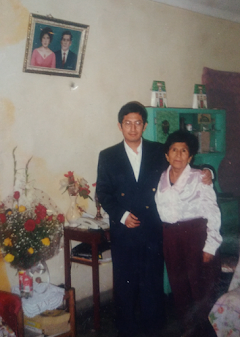





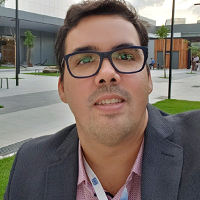
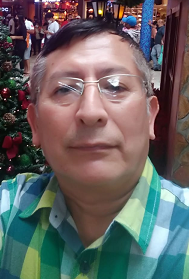







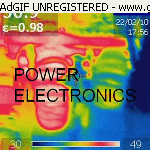




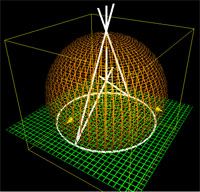


 JOSIL ARTISTA PLASTICO FORTALEZA CEARA BRASIL AV.HERACLITO GRAÇA 41 TEL(85)32542378
JOSIL ARTISTA PLASTICO FORTALEZA CEARA BRASIL AV.HERACLITO GRAÇA 41 TEL(85)32542378